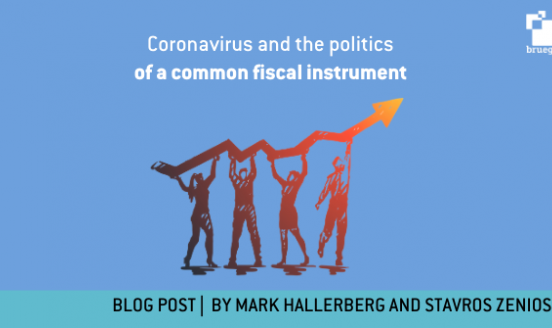Policy brief
How not to create zombie banks: lessons for Italy from Japan
How can Italian banks address the issue of non-perfoming loans? What lessons can they learn from Japan?

Japan serves as a cautionary tale for Italy on how to clean up banking-sector problems. A general lesson is the need for policies to forthrightly address non-performing loans (NPLs) in countries with widespread banking problems. This helps address zombie banks and sluggish economic growth.
What can Italian banks learn from the Japanese experience? The authors of this Policy Contribution provide a comparison of the situation in Italy with that in Japan almost two decades ago to illuminate the causes and effects of, and the possible solutions to, the zombie bank problem.


